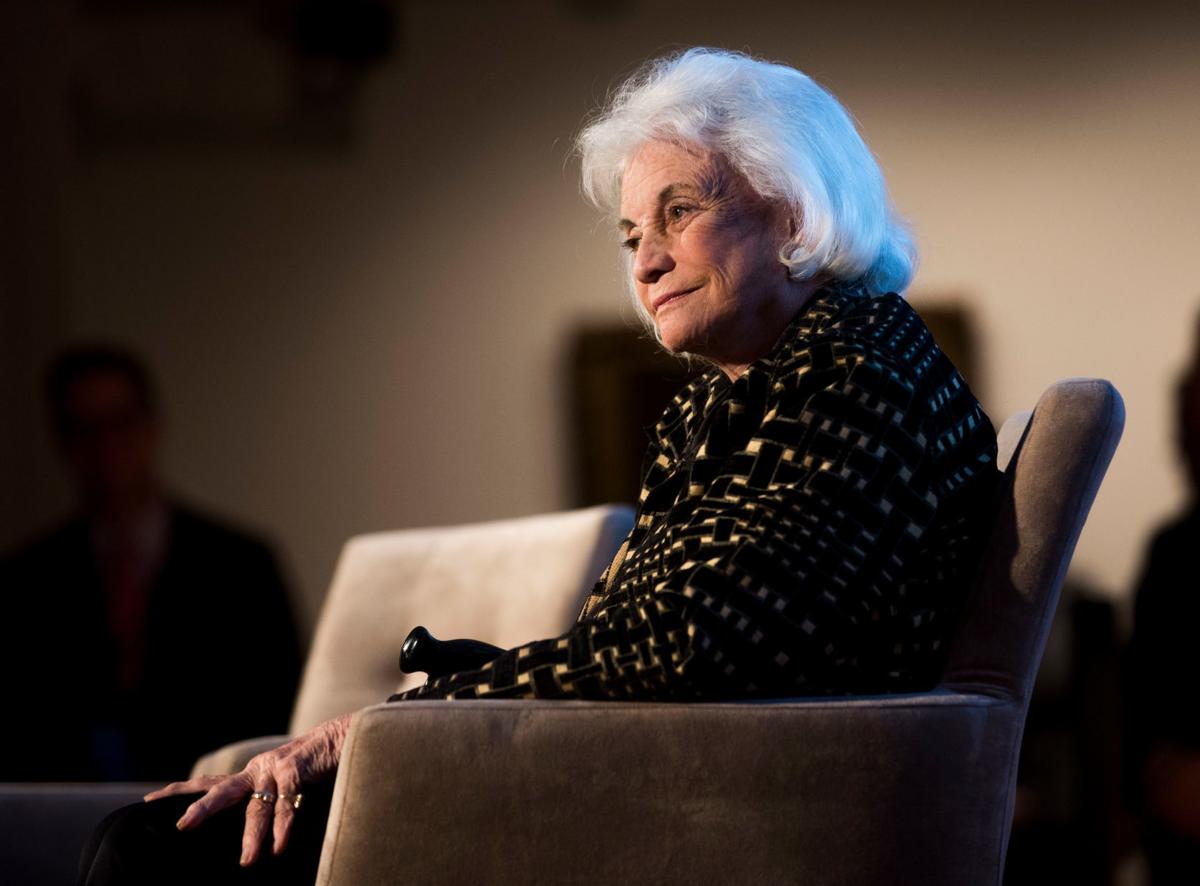WASHINGTON (AP) — Sandra Day O'Connor, the first woman on the Supreme Court, announced Tuesday that she has the beginning stages of dementia, "probably Alzheimer's disease."
O'Connor made the announcement in a letter. The 88-year-old said her diagnosis was made some time ago and that as her condition has progressed she is "no longer able to participate in public life."
"While the final chapter of my life with dementia may be trying, nothing has diminished my gratitude and deep appreciation for the countless blessings in my life. How fortunate I feel to be an American and to have been presented with the remarkable opportunities available to the citizens of our country. As a young cowgirl from the Arizona desert, I never could have imagined that one day I would become the first woman justice on the U.S. Supreme Court," she wrote.
O'Connor was nominated by President Ronald Reagan and took her seat on the court in 1981. She was 75 when she announced her retirement from the court in 2005. It was a decision influenced by the decline in the health of her husband, John O'Connor III, who himself had been diagnosed with Alzheimer's disease.
O'Connor was a state court judge before being unanimously confirmed to the Supreme Court at 51. She had graduated third in her class from Stanford Law School and was the first woman to lead the Arizona state senate. On the Supreme Court, her votes were key in cases about abortion, affirmative action and campaign finance as well as the Bush v. Gore decision effectively settling the 2000 election in George W. Bush's favor.
O'Connor's announcement of her diagnosis came a day after a story by The Associated Press that she had stepped back from public life. Her son Jay O'Connor said in that story that his mother had begun to have challenges with her short term memory. He also said that hip issues have meant she now primarily uses a wheelchair and stays close to her home in Phoenix.





